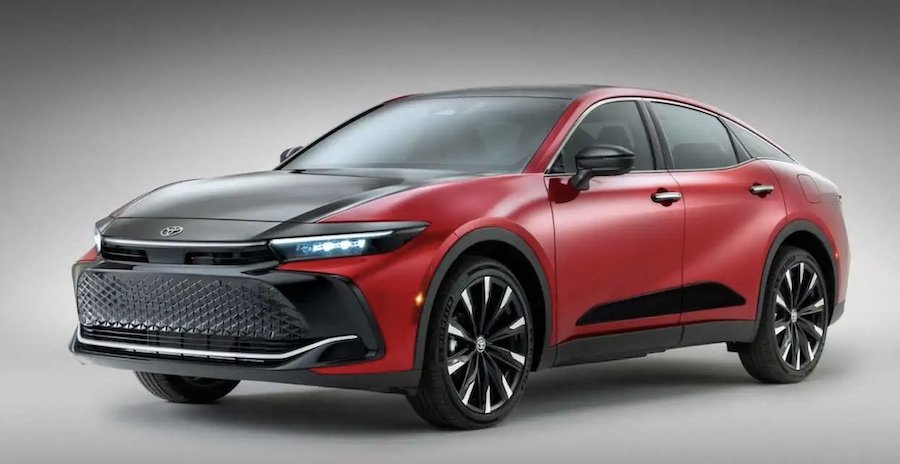Toyota Reportedly Halts Electric Crown And FJ Cruiser Revival

Late last year, Toyota and Lexus previewed 15 electric vehicles and announced a plan to introduce 30 of them by the end of the decade. However, a new Reuters report says that the automaker is in the process of revamping its roadmap and has halted production on some of the proposed models.
According to the report, Toyota has allegedly suspended development on the electric Crown and the Toyota Compact Cruiser crossover, the FJ Cruiser revival. It's unclear if other models are affected. The automaker is allegedly taking the time to rethink its EV plans, which could slow down the rollout of new products. However, the move would make Toyota more competitive with an improved manufacturing process, reducing costs. The automaker is also working with suppliers to cut costs.
Everything is apparently on the table to achieve this, and Tesla is the benchmark. The company could develop a successor to its e-TNGA platform, prolong the platform's life with new technologies, or design a new EV-dedicated platform. However, the new architecture would take around five years to spawn new models. According to Reuters, those working on updating the plan have until early next year to reevaluate the roadmap.
Toyota launched its first EV earlier this year, which some have considered late to the game compared to other automakers. However, the model's rough rollout certainly did not help. In June, Toyota recalled the bZ4x electric crossover for wheels that could fall off, urging owners not to drive their vehicles. It starts at $43,215, offers an EPA-estimated 252 miles (405 kilometers) of range, and shares styling with the Subaru Solterra. Surprisingly, the Subaru starts at $46,220. Toyota also launched the bZ3 in China today, expanding the bZ brand.
The industry is facing mass upheaval as automakers invest billions into EVs. Governments are also making huge financial moves by incentivizing battery factories, charging stations, and purchases that encourage EV adoption. The end of the decade might seem far away, but it's quite close for automakers. They are already developing the models they plan to launch in the decade's second half. There isn't a lot of time before 2030 is here.
